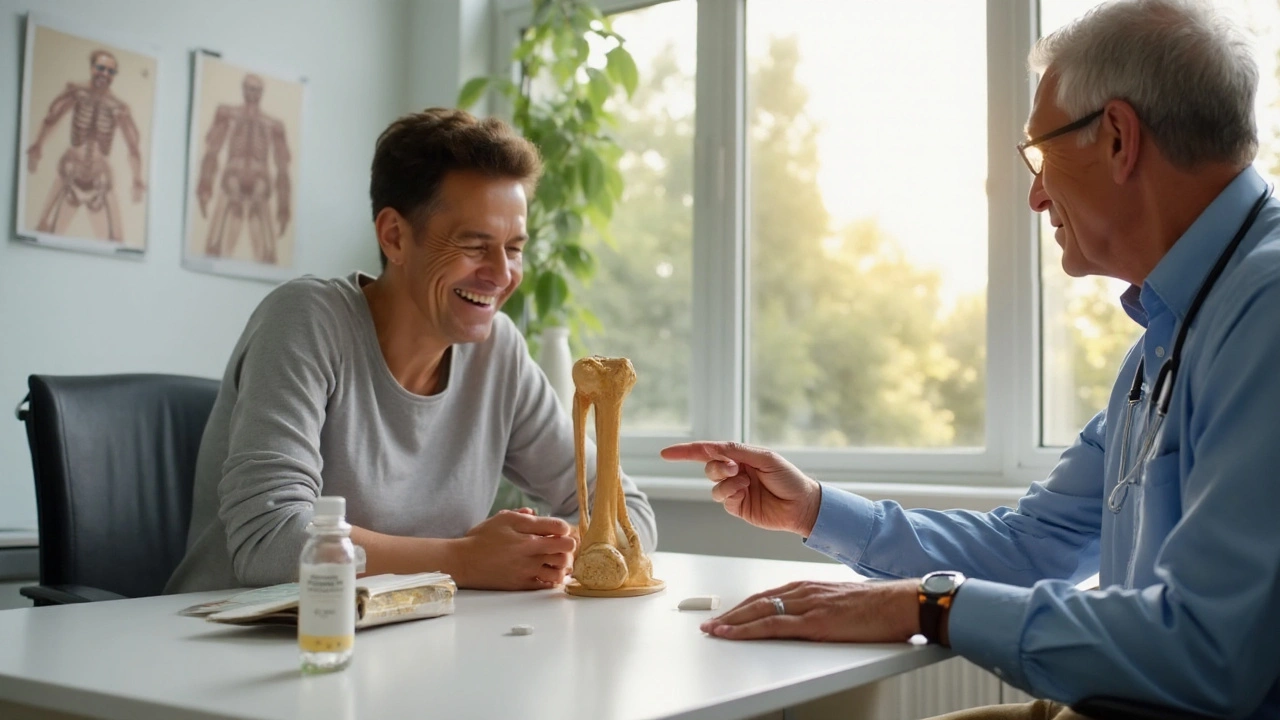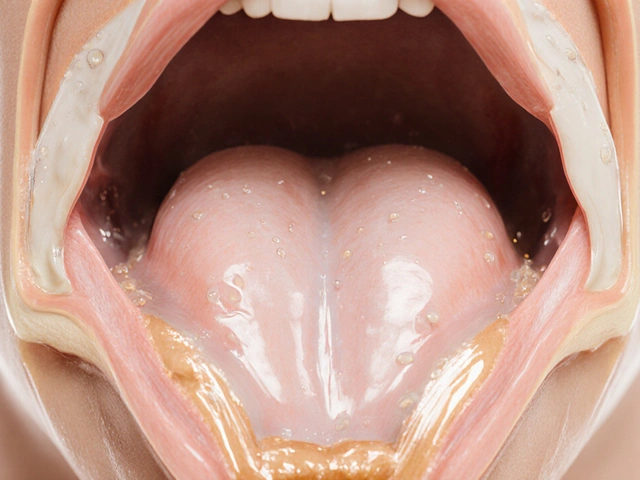Antiepileptic Drugs and Osteoporosis: Key Facts and Tips
If you take medication for seizures, you might have heard that some of those drugs can weaken your bones. That’s not a myth – certain antiepileptic drugs (AEDs) can speed up bone loss and raise the chance of osteoporosis. Knowing why this happens and what you can do about it makes a big difference.
Why Some Seizure Meds Harm Bones
Not all AEDs act the same way. Older drugs like phenytoin, phenobarbital, carbamazepine, and valproate are the usual suspects. They interfere with how your body uses vitamin D, which is needed to absorb calcium. Less calcium means weaker bones over time.
These medicines also boost enzymes in the liver that break down vitamin D faster. The result is lower vitamin D levels in the blood, and the body can’t keep calcium where it belongs – in your skeleton.
Newer drugs such as levetiracetam or lamotrigine have a smaller impact on bone health, but they’re not completely risk‑free. If you’re on any AED for a long time, it’s worth checking your bone status now and then.
Practical Ways to Protect Your Bone Health
First, talk to your doctor about a bone‑density test (DEXA). It’s quick, painless, and tells you if you’re losing bone mass. If the scan shows problems, your doctor may suggest a supplement plan.
Calcium and vitamin D are the basics. Aim for about 1,000 mg of calcium a day – think milk, cheese, yogurt, or fortified plant milks. Vitamin D needs are around 800–1,000 IU daily, which you can get from sunlight, fatty fish, or a supplement.
Weight‑bearing exercise helps your bones stay strong. Walking, jogging, dancing, or simple body‑weight moves for 30 minutes most days can make a difference.
If possible, ask your doctor whether a different AED could work for you. Sometimes switching to a newer medication with less bone impact is safe and effective.
Avoid smoking and limit alcohol. Both can speed up bone loss, and they don’t play well with seizure control either.
Keep track of any fractures or unusual bone pain. Even a small break can signal that your bones need extra care.
Finally, stay consistent with follow‑up appointments. Your doctor can adjust dosages, add bone‑protecting drugs, or recommend lifestyle tweaks as needed.
Living with epilepsy doesn’t mean you have to accept weak bones. With a few smart steps – testing, nutrition, exercise, and medication review – you can protect your skeleton while keeping seizures under control.
Oxcarbazepine and Bone Health: What the Evidence Shows

Explore whether oxcarbazepine impacts bone health, the science behind it, risk factors, and practical steps to protect your skeleton while on the drug.
read more



